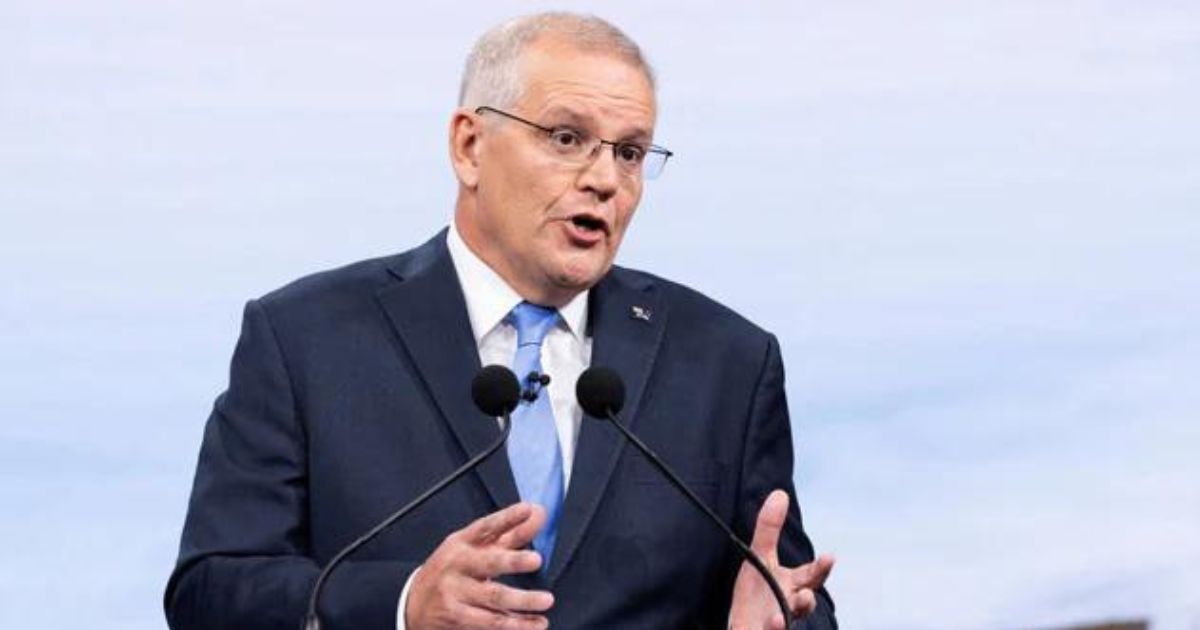In recent developments, the BBC is under scrutiny for its heightened focus on climate change, with critics accusing the broadcaster of contributing to a perceived “climate anxiety” epidemic.
According to data exclusively revealed on the BBC’s website, searches related to “climate anxiety” have surged significantly in the first 10 months of 2023, being 27 times higher than the same period in 2017.
The report suggests that women are more affected by climate change concerns than men, particularly in relation to issues such as wildfires and floods. The data, compiled by Google, also reveals that Nordic countries, including Sweden and Denmark, account for over 40% of search queries related to “climate anxiety.”
Climate Anxiety And Eco-Anxiety
The BBC defines “climate anxiety” as a specific form of anxiety associated with awareness of climate change, while “eco-anxiety” is described as a more general anxiety linked to threats to environmental health, including pollution and biodiversity loss.
This increased coverage comes almost two years after BBC director-general Tim Davie stated that reporting on climate change with a stance attributing it to human actions is no longer “politically controversial.”
However, the BBC’s due impartiality requirements mandate that journalists must not take a position on political debates surrounding how to address the climate crisis.
Despite Davie’s assertion that there is overwhelming consensus on humanity causing global warming, the BBC is now facing calls to uphold its commitment to impartiality. Critics argue that the broadcaster’s coverage may be contributing to a sense of panic and anxiety, potentially influencing public opinion on climate-related policies.
The BBC’s report also coincides with the release of a “smart guide to climate change,” which suggests that internet habits could have adverse effects on the environment. This guide adds a layer to the ongoing debate about the responsibility of individuals and institutions in addressing climate change.
While the BBC maintains that it is committed to impartiality, there are concerns about the potential impact of its coverage on public perception and the political discourse surrounding climate change policies.
Davie acknowledges that while there is consensus on the existence of global warming, debates around policy, the speed of change, and social consequences remain contentious.
The increased coverage on climate change and the associated rise in public concern may be reflective of a broader global trend towards heightened climate activism. Environmental issues have gained increased attention in recent years, with movements like Extinction Rebellion advocating for urgent action to address the climate crisis.
Amidst this backdrop, the BBC’s role as a public broadcaster is being closely scrutinized, not only for its coverage of climate change but also for its handling of other sensitive issues. Recent criticism has emerged over the BBC’s coverage of Israel’s war with Ukraine, prompting calls for the broadcaster to reassess its commitment to impartiality.
In response to mounting pressure, the BBC has defended its coverage decisions, emphasizing the importance of providing comprehensive and informative content to the public.
The ongoing debate over the BBC’s role in shaping public opinion on climate change and other global issues is likely to persist, with stakeholders calling for a balanced and impartial approach to reporting.
As the broadcaster continues to navigate these challenges, it remains to be seen how it will strike a balance between fulfilling its public service mandate and addressing concerns about potential biases in its coverage.








Leave a Reply
You must be logged in to post a comment.